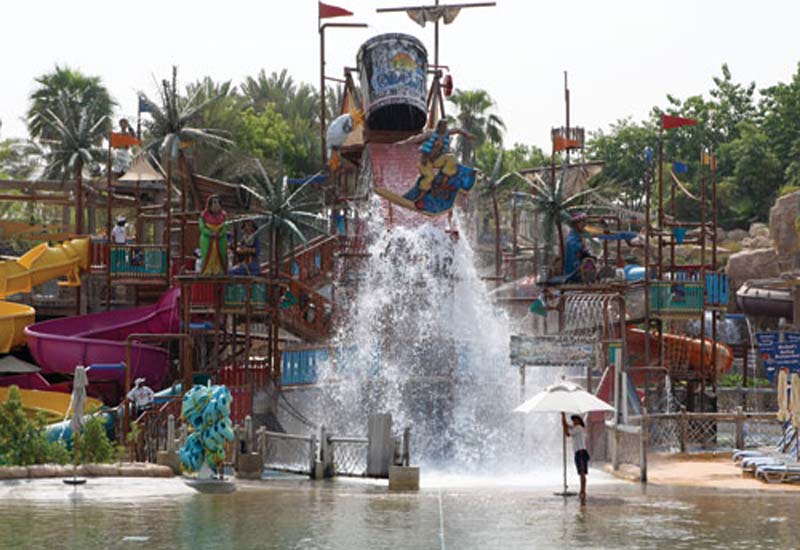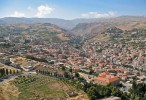 Themed Entertainment Association/Economics Research Associates' Attraction Attendance Report 2007 lists Wild Wadi Water Park in Dubai as the world's 1
Themed Entertainment Association/Economics Research Associates' Attraction Attendance Report 2007 lists Wild Wadi Water Park in Dubai as the world's 1
With more than 30 waterparks across the region and five more in the pipeline, the fight is on to be the biggest and best. Louise Birchall investigates how attractions can market, staff and adapt to meet emerging demands.
An ideal year-round climate and growing tourist numbers means that the Middle East and North Africa's potential as a hub for waterpark attractions is rapidly being recognised.
As competition increases, each new development breaks another record in the race to create a faster, larger, scarier and totally-unique water experience.
Ice Land Waterpark in Ras Al Khaimah is set to boast the world's largest man-made waterfall, the region's first waterpark attached to a mall is planned for Bahrain and Aquaventure at Atlantis, The Palm, is taking the fear factor to the extreme as thrill-seeking guests tunnel though shark-infested pools.
Major investments, daily sun and enthusiastic consumers are the key components in place to enable the region to make a splash in the worldwide waterpark industry. However, there are still various hurdles, which must be overcome on the way.

Advertisement
Marketing to the masses
While some GCC countries have become more westernised with economic developments over recent years, there is still a strong Muslim culture, which can clash with the waterpark concept.
"It's fundamental that you're sympathetic to the culture you are in," says Joe Gibbons, who has spent more than 27 years working in the attractions industry, across six countries and four continents.
"We're in the Middle East and I believe a conservative approach will definitely be the order of the day," says Gibbons.
There are a number of steps waterparks in the region can take towards creating a culturally-sensitive attraction, which will appeal to the whole family.
Paul Blunt, managing director of the Lost Paradise of Dilmun waterpark in Bahrain, says: "A lot of Muslim females will come along but they won't participate in any of the activities because they don't feel comfortable in normal swimwear."
Blunt admits that attracting women has been one of the most difficult tasks so far, but as the waterpark is focused on appealing to a regional audience, it's a top priority.
"There have been a few incidents where people have been upset as they feel it's inappropriate in this part of the world for people to be out in skimpy swimwear but we are mindful of that and we do ensure that people are modest," says Blunt.
"We‘ve introduced a few designs of swimwear, including a range of burqinis, which are sold through our retail outlet. The design gives women a lot more confidence to get in the pools and go on the slides."
Another trend which has proved to be a big hit in the region are ladies-only evenings. Jumeirah-owned Wild Wadi Water Park, in Dubai, markets a weekly summer ‘Ladies' Night' event as being ‘run by women, for women'.








 Search our database of more than 2,700 industry companies
Search our database of more than 2,700 industry companies









